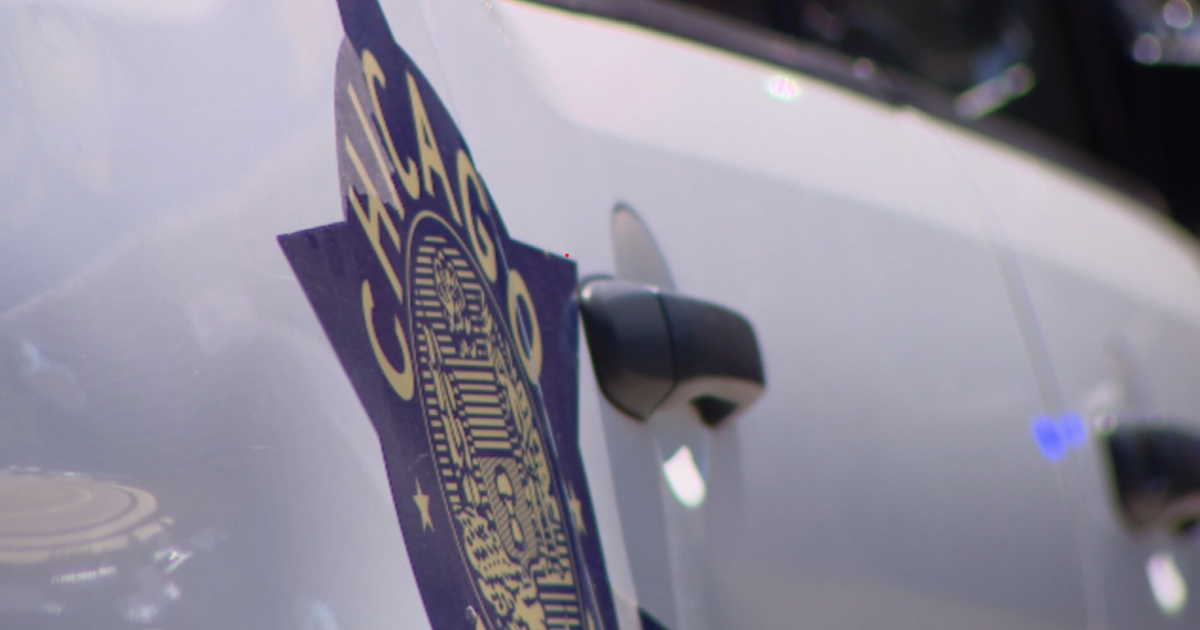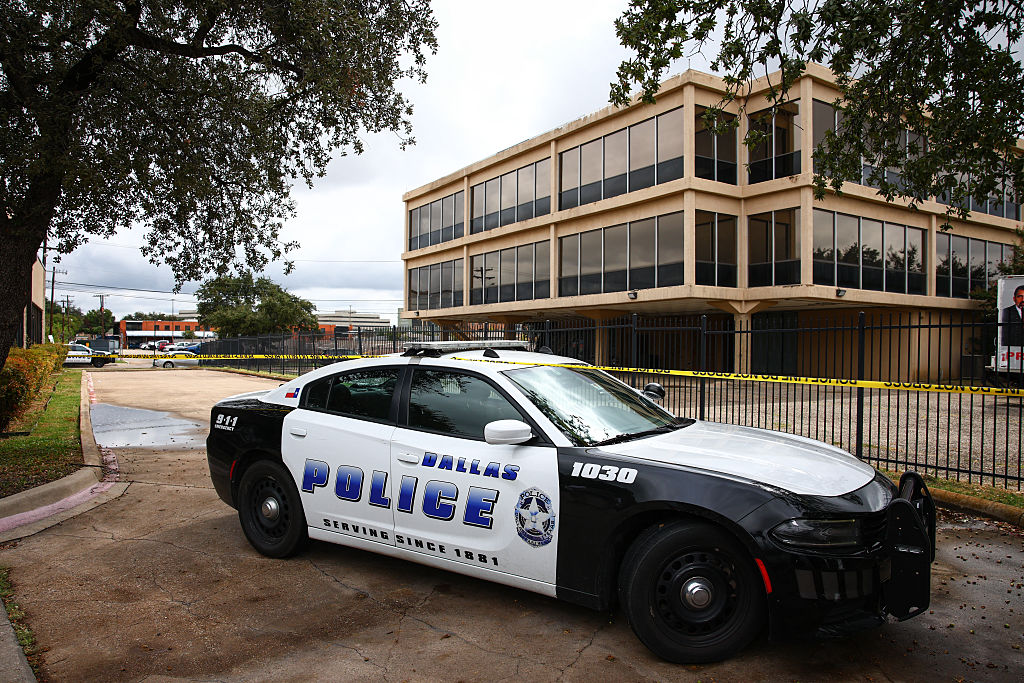First drive-thru coronavirus testing facility in the U.S. opens in Seattle
In South Korea, officials have been able to test hundreds of people every day for coronavirus using fast food-style drive-thrus. Now, the technique is coming to Washington, which has the second-highest number of confirmed COVID-19 cases in the U.S.
The University of Washington Medical Center in North Seattle can currently test 40 to 50 people per day using the method, CBS affiliate KIRO reports. The testing site is only available to employees and students, but UW Medical plans to expand the program to first responders, employees at long-term care facilities and UW patients showing symptoms later this week.
"We need widespread testing right now," Dr. Seth Cohen, Medical Director for Infection Prevention at UW Medicine, told KIRO. "There's urgency around it."
There are three tents currently set up in one of the parking garages on the campus. One holds cleaning supplies, gloves and gowns and the other two are used for scheduling, maintaining health information and storing test kits.
Medical staff stands under heat lamps outside the tents as drivers pull up to be tested. The drive-thru method has proven to be more a more efficient testing method, in addition to limiting human interaction with potentially infected people, further preventing the spread of the virus.
During the drive-thru process, patients roll down their car windows and a medical professional wearing full protective gear swabs their nasal cavities. The samples are tested at the end of each day at a UW lab.
"What we've learned from viruses like SARS and other coronaviruses is they can really rapidly disseminate through a hospital and cripple a health care workforce," Cohen told KIRO. "We're trying to stay ahead of it and prevent that from happening."
Behind New York, Washington state currently has the second-highest number of cases in the U.S., with 162 confirmed cases and 22 deaths, according to Governor Jay Inslee. Almost 115,000 people have caught the virus worldwide, and it's killed more than 4,000.
"Obviously, we continue to do all we can to protect all of our residents," Inslee said, emphasizing the need to protect people who are older or who have chronic conditions. "We need to take action today, looking forward. And that's what we are doing."



